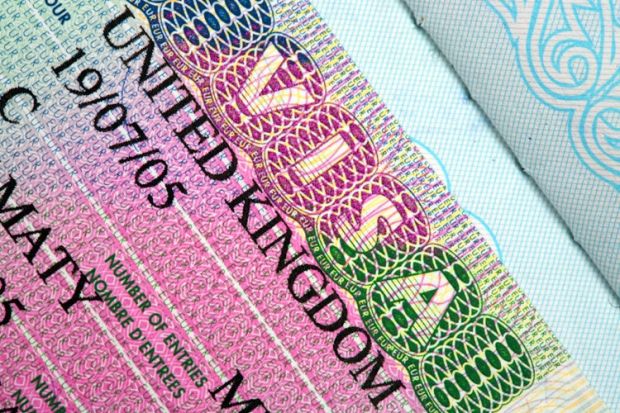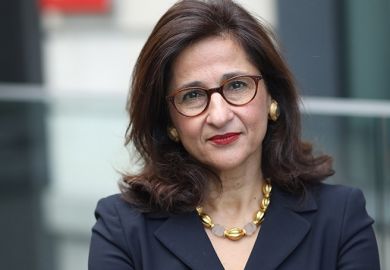The chairman of a government body that was created to assist innocent students caught up in a visa crackdown is facing calls to resign over an alleged conflict of interest.
Ministers had already faced criticism over the perceived lack of help provided for students by the Sponsorship Working Group, which was set up in June when international recruitment restrictions were imposed on three universities and dozens of private colleges amid allegations that phoney English language qualifications had been used to gain entry to the UK.
Since then, several students caught up in the action have lodged judicial review applications against the refusal of their leave to remain, and a number of colleges have launched similar proceedings against the revocation of their licences to recruit from overseas.
In these cases, key evidence to support claims of fraud in Educational Testing Service English language tests has been submitted by Peter Millington, an assistant director at UK Visas and Immigration – who chairs the working group meant to be helping students.
The National Union of Students claimed that Mr Millington’s role in securing the removal of students and the revocation of visa licences had the potential to “cloud his judgement” when he was supposedly working to support other learners.
“NUS has made many recommendations to assist students that have been repeatedly ignored or denied by the chair of the sponsorship working group,” said Shreya Paudel, the NUS’ international students’ officer. “It is clear that…he is no longer acting in the best interest of the students this working group is designed to help.”
The NUS said that Mr Millington should resign to allow for an independent chairman to be appointed.
But the Home Office said there was no conflict of interest.
“A generic witness statement, based on factual information, has been used in litigation and immigration appeals relating to the ETS investigation,” a spokesman said. “The statement is not specific to any individual education provider or student.”
It has been estimated that as many as 10,000 students with genuine language qualifications may have been affected by the revocation of visa licences held by colleges.
Register to continue
Why register?
- Registration is free and only takes a moment
- Once registered, you can read 3 articles a month
- Sign up for our newsletter
Subscribe
Or subscribe for unlimited access to:
- Unlimited access to news, views, insights & reviews
- Digital editions
- Digital access to THE’s university and college rankings analysis
Already registered or a current subscriber? Login





